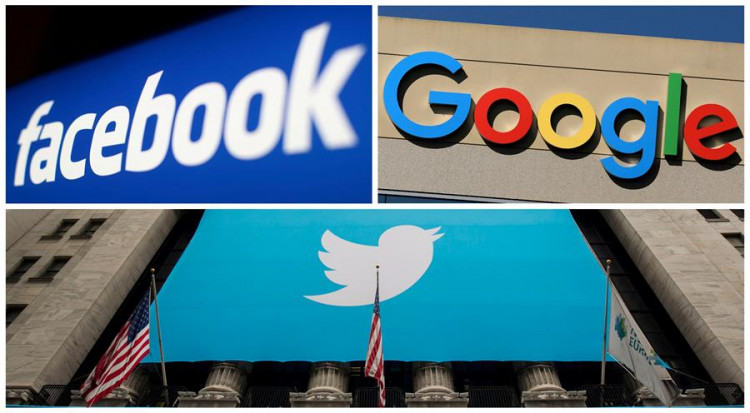According to Reuters and the Financial Times, the European Commission is poised to announce additional regulations on Thursday aimed at Facebook parent Meta, Google, Twitter, Microsoft, and TikTok to combat disinformation, including deepfakes and fake accounts.
The amended EU anti-disinformation law will require IT and social media corporations to share key data with specific countries to aid in the fight against disinformation.
Companies that fail to comply with the amended legislation might reportedly face significant penalties.
A revised "code of practice on disinformation" would oblige technology companies to reveal how damaging content is removed and prevented. It will also apparently provide more specific instances of hazardous content, such as deepfakes, which are video forgeries that make people appear to do or say things they did not do or say.
Reuters said the voluntary code was implemented in 2018, but it will be replaced with a co-regulation plan. Reports say both authorities and signatories would bear accountability. According to the Financial Times, there will be 30 signatories, including major technology corporations and civil society organizations.
According to reports, social media and online tech businesses will need to do a better job of notifying the public about reliable sources. According to the Financial Times, this involves building tools and forming collaborations with fact-checkers to combat "harmful disinformation," which might include deleting propaganda and adding "indicators of trustworthiness" to independently verified data.
The Digital Services Act of 2022, a historic piece of legislation aimed at reining in Big Tech, will enforce the rule. Companies who violate the rule might face fines of up to 6% of their global revenue, according to reports. Given that Alphabet, the parent company of Google, and Meta pulled in $257 billion and $117.93 billion in 2021, respectively, 6 percent would be a sizable piece.
Tech companies cannot provide a blanket solution for all of Europe, but must instead demonstrate how they are combating disinformation country by country.
"We know disinformation is different in every country, and the big platforms will now have to provide meaningful data that would allow [us] to understand better the situation on the country level," Věra Jourová, the EU's vice president for values and transparency, said in a statement to the Financial Times.
New EU rules come as governments throughout the world take steps to counter Big Tech's influence. The U.S. Department of Justice has filed an antitrust complaint against Google and is investigating the matter further. The American Innovation and Choice Act, which would limit Amazon, Apple, and Google's power in digital and e-commerce platforms, is on its way to the Senate floor.






